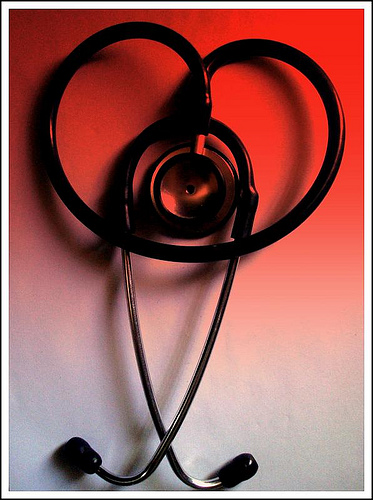Guest blog by Dr Steven Cox (from CRY – Cardiac Risk in the Young
The UK’s National Health Service (NHS) policy – that “screening should not be offered*” is currently discouraging young people who may be at risk of sudden cardiac death from having simple, non-invasive and potentially life-saving tests.

The National Screening Committee need to review its position which is out of date
It is the view of the charity Cardiac Risk in the Young (CRY) that:
- All young people (14-35 years old) should be offered the option to have cardiac screening
- Cardiac testing should only be conducted by specialist cardiologists with the necessary skills and expertise to ensure accurate interpretation of the investigations.
- The National Screening Committee policy should widen the remit to consider all cardiac conditions that can cause young sudden cardiac death
- The National Screening Committee policy directly contradicts with the general NHS policy of “prevention”
Can anyone do these tests?
Cardiac screening needs to be overseen by a cardiologist with expertise in this specialist area of cardiology, including; athletes heart, ethnic differences in cardiac adaptation to exercise, and structural/electrical cardiac conditions. Professor Sanjay Sharma is a leading sports cardiologist and CRY’s consultant cardiologist who gives his time to oversee the CRY screening programme.
When a specialist cardiologist conducts the tests the number of false positives and false negatives significantly decrease (i.e. fewer people are told they may have a problem and are subjected to further investigations when they do not have a problem, and fewer people with a problem are given an all clear).
Could the NHS handle so many people wanting testing?
In the current economic era the answer is probably not. Moreover the NHS does not have the infrastructure, including the facilities or the expertise, to immediately implement a national screening programme for ALL young people.
However, CRY is leading the way in training specialist doctors, conducting research and providing educational resources so this will be possible in the future.
Although the implementation of nationwide screening is hampered at this point due to the economic constrains and lack of infrastructure and expertise that does not mean that screening should not be recommended. On the contrary, these limitations should prompt the development of a collaborative scheme between the Government, NHS, charity organisations such as CRY and sporting bodies to provide an initiative to offer cost effective screening.
Is there any evidence from other countries that screening is worthwhile?
In Italy where screening prior to participation in organised sport is mandatory they have reduced the incidence of young sudden cardiac death by 90%. This research has informed international policies that either mandate or recommend cardiac screening prior to participation in organised sport.
The current National Screening Policy is inconsistent with current practice at an elite level in most sports in the UK (including: the Football Association, Lawn Tennis Association, Rugby Football Union, Rugby Football League, Cricket, English Institute of Sport) and the fact that screening is often mandated for athletes when competing outside the UK.
Important Links
Support CRY’s epetition for the UK governement to change their policy on cardiac screening in young people here.
Learn more about the National Screening policy here
Read Professor Sharma’s team’s response to the most recent National Screening Committee Review here [‘Unlocked’ courtesy of BMJ Group]
*****************************************************
Dr Steven Cox is the Director of Screening and Deputy Chief Executive of CRY. Unit 7, Epsom Downs Metro Centre
Waterfield, Tadworth, Surrey.